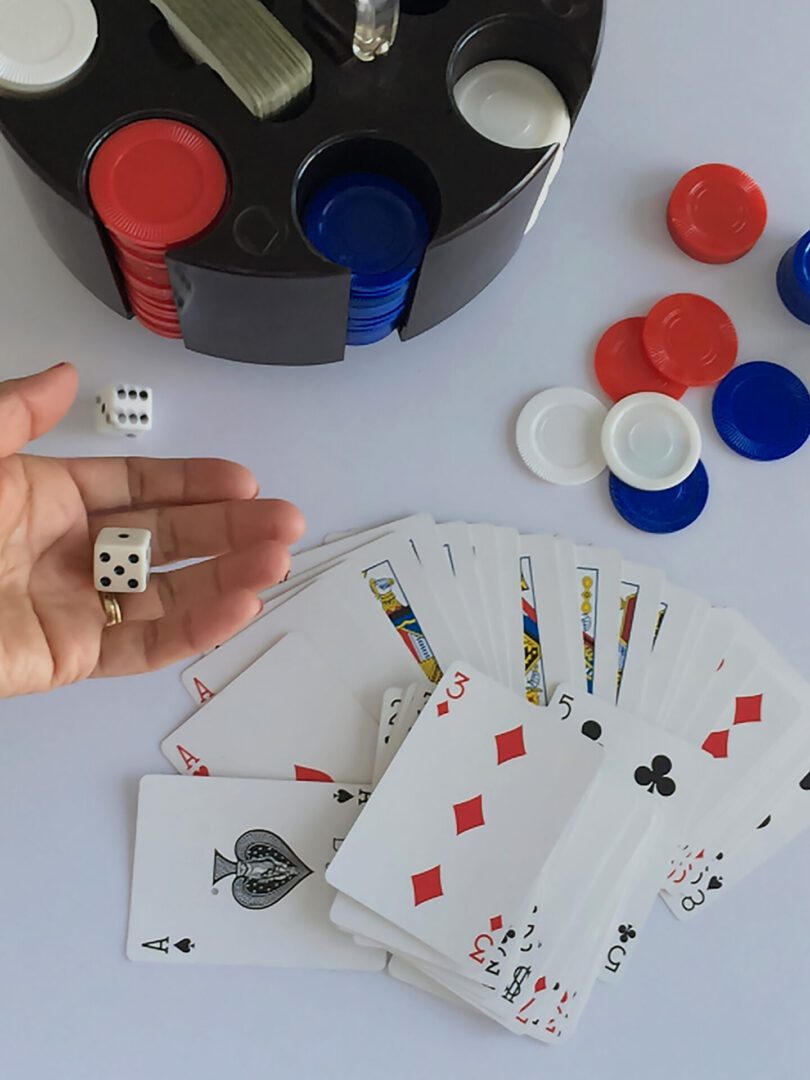Search by Color or Cause


Problem Gambling Awareness Month, observed in March, raises awareness about problem gambling. The purpose of this awareness month is to educate the public about the warning signs of problem gambling. In addition, it serves to inform the public about the availability of help and hope, both locally and nationally. Problem Gambling Awareness Month also educates healthcare professionals. It is represented by the color blue. Wear a blue enamel awareness ribbon pin, blue fabric ribbon, or blue silicone awareness wristband bracelet to call attention to this important awareness month.
Problem Gambling Awareness Month informs the public that most people who gamble can do so safely, and without difficulty. However, gambling is not a risk-free activity. When gambling in excess, the onset of an addiction can result in serious to severe short and long-term consequences. In addition to affecting an individual’s home life, financial status, career, education, social relationships, and physical or emotional health, gambling problems also impact those closest to the gambler.
The problem gambling hotline is available for those who suffer from problem gambling, or their families.
Yes, research shows that a vast majority of kids have gambled before their 18th birthdays. In addition, children may be more likely to develop issues related to gambling than adults.
1. Bring it up before your child does.
You may worry that you’re putting ideas in your child’s head. However, the likelihood is that your kid is already forming attitudes to gambling. This is without your input. And, it is especially true if your child has more exposure and/or access to gambling through digital devices, social media and interaction with their friends.
2. Pick your moment.
Perhaps in the car on the way to school or sport practice. Or when a gambling ad comes on TV. The most important thing is to let your child know that they can talk to you about gambling at any time.
3. Be a good role model.
If your child is regularly exposed to you or family members gambling, it sends a message that gambling is a harmless, risk-free activity. You’ll also be much less likely to be taken seriously. As you know, children are good at noticing if what you say doesn’t match your behavior!